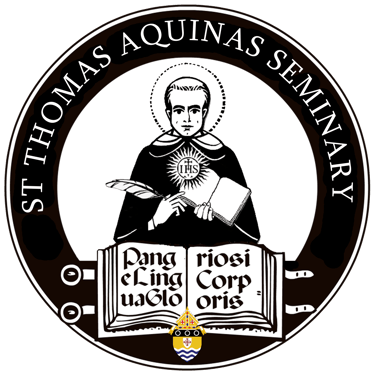Certificate in Practical Ministry
Course Description
The Certificate in Practical Ministry is an advanced online seminary course designed for clergy from independent Catholic jurisdictions who wish to deepen their liturgical and pastoral skills. This course provides detailed one-to-one video instruction that follows the established rubrics of the seven sacraments, ensuring the faithful execution of every element in the liturgical celebration. For example, participants learn precisely how to say Mass—including where to stand, when to perform specific gestures, and why each action holds theological and pastoral significance.
Integral to the course is a focus on the manual acts of the sacraments. These acts are the prescribed physical gestures and actions—such as hand movements, postures, and ritual placements—that convey the sacred mysteries in a tangible way. They are essential to maintaining liturgical order and enriching the spiritual experience, ensuring that the profound traditions of the Church are observed with both reverence and accuracy.
Course Objectives
By the end of the program, students will:
Master the rubrics governing the seven sacraments.
Understand the theological significance of sacramental actions.
Apply proper liturgical gestures, movements, and postures.
Gain confidence in conducting sacramental rites with accuracy and pastoral sensitivity.
Course Outline
Module 1: Foundations of Practical Ministry
Introduction to the course and objectives
The theology of sacramental action
Understanding liturgical rubrics
The significance of manual acts in Catholic worship
Module 2: The Celebration of the Eucharist (Holy Mass)
Step-by-step instruction on saying Mass
Liturgical gestures and postures
Where to stand and why: altar dynamics
Handling the sacred vessels correctly
The role of the celebrant and assisting clergy
Module 3: The Sacrament of Baptism
Proper administration of water and sacred chrism
Pronouncing the baptismal formula
Conducting the rite with pastoral sensitivity
Module 4: The Sacrament of Confirmation
Correct anointing practices
Liturgical gestures and prayers
The bishop's role versus priestly faculties
Module 5: The Sacrament of Reconciliation
Liturgical structure of Confession
Clerical posture and gestures
Pronouncing absolution correctly
Module 6: The Sacrament of Matrimony
Properly witnessing a Catholic marriage
Liturgical formulations and blessings
The significance of clerical presence
Module 7: The Sacrament of Holy Orders
Laying on of hands and its meaning
Anointing the ordinand
Understanding ordination rubrics
Module 8: The Sacrament of Anointing of the Sick
Correct application of anointing oils
Liturgical prayers for the sick and dying
Clerical presence and pastoral care
Module 9: Liturgical Vestments and Sacred Vessels
Correct usage and significance of vestments
Handling and reverence for sacred vessels
Module 10: Assessment and Practical Demonstration
Final practical evaluation of sacramental execution
Theological reflection on practical ministry
Concluding pastoral application discussion
Assessment
1. Practical Demonstration (Video-Based Assessment)
Candidates submit recorded demonstrations of sacramental celebrations, ensuring they correctly follow rubrics. Faculty review posture, gestures, pronunciation, and adherence to liturgical norms.
2. Oral Examination
Live one-on-one sessions where candidates explain the theological significance of sacramental acts, demonstrating both knowledge and pastoral reasoning.
3. Written Reflections
Essays exploring the historical, theological, and liturgical foundations of each sacrament, reinforcing scholarly analysis alongside practical execution.
4. Peer Review and Discussion
Candidates engage in structured online discussions, critiquing each other's understanding and execution of sacramental rites.
St Thomas Aquinas Seminary
Online courses for the formation of deacons and priests in the Old Catholic tradition.
© 2025. All rights reserved.
Leadership Team
Rector:
Academic Dean:
Archbishop Chris Oliver OSPH
Archbishop Felix Gibbins OSB Cam


